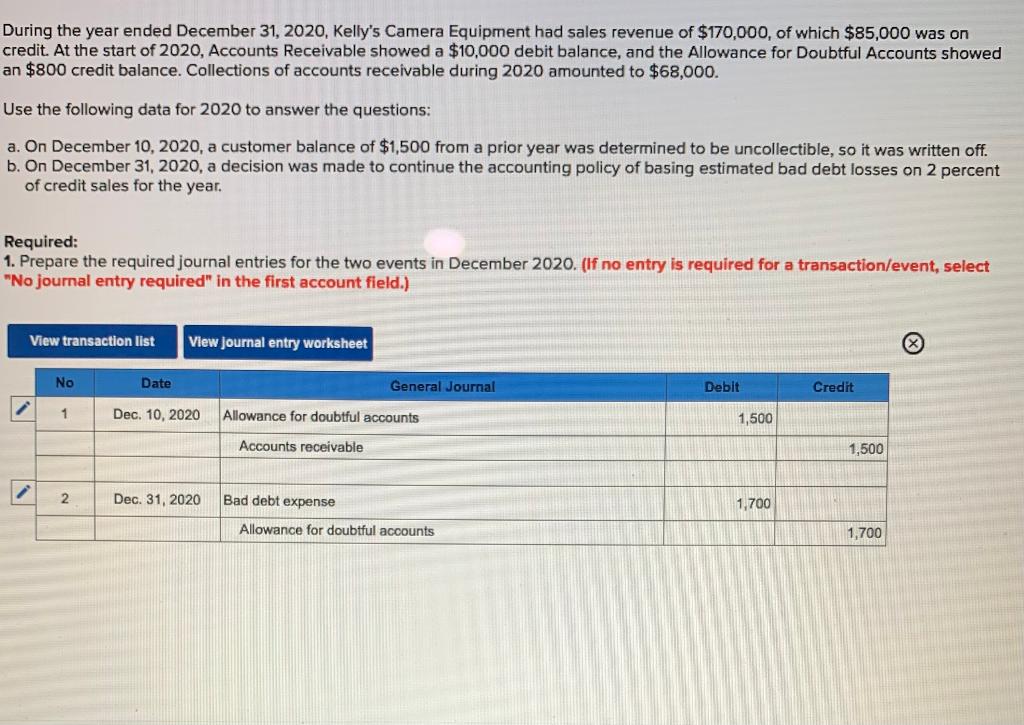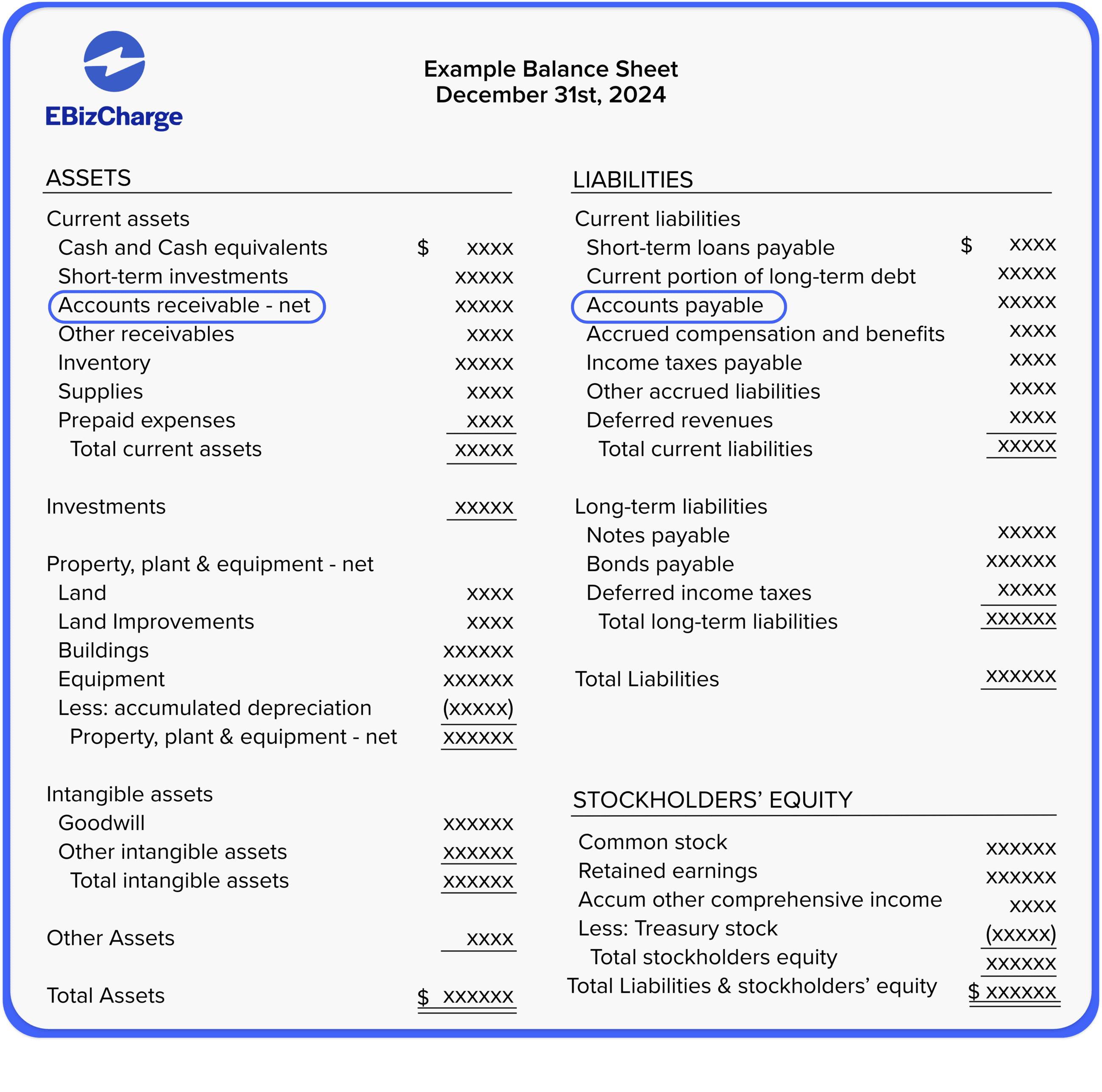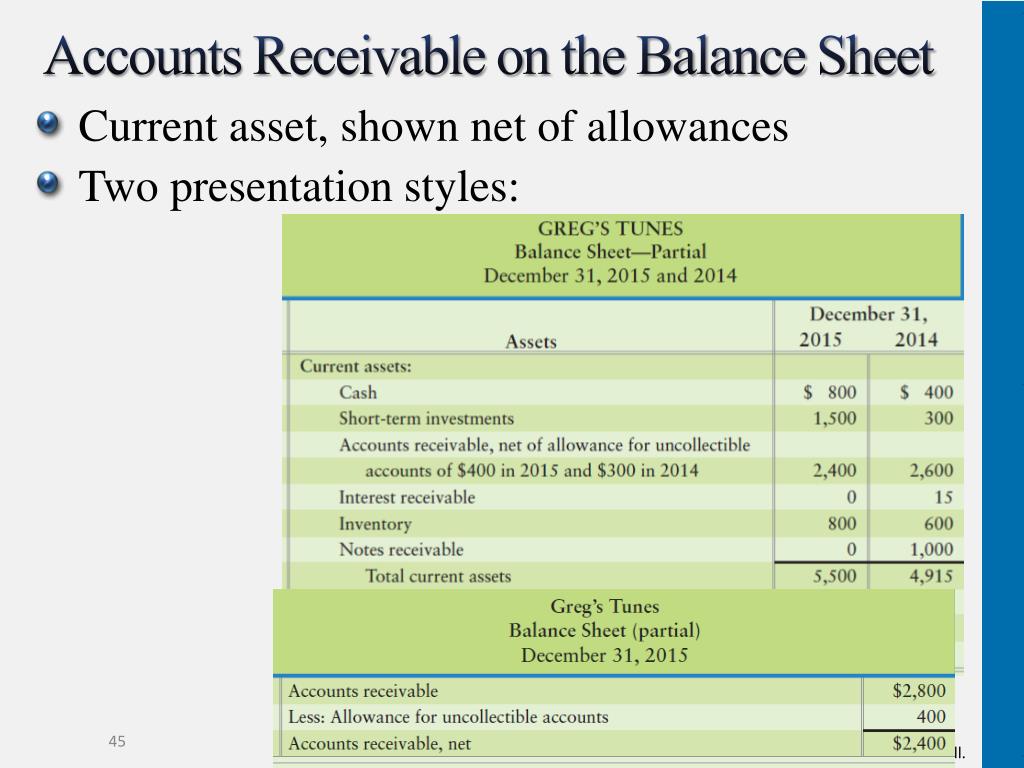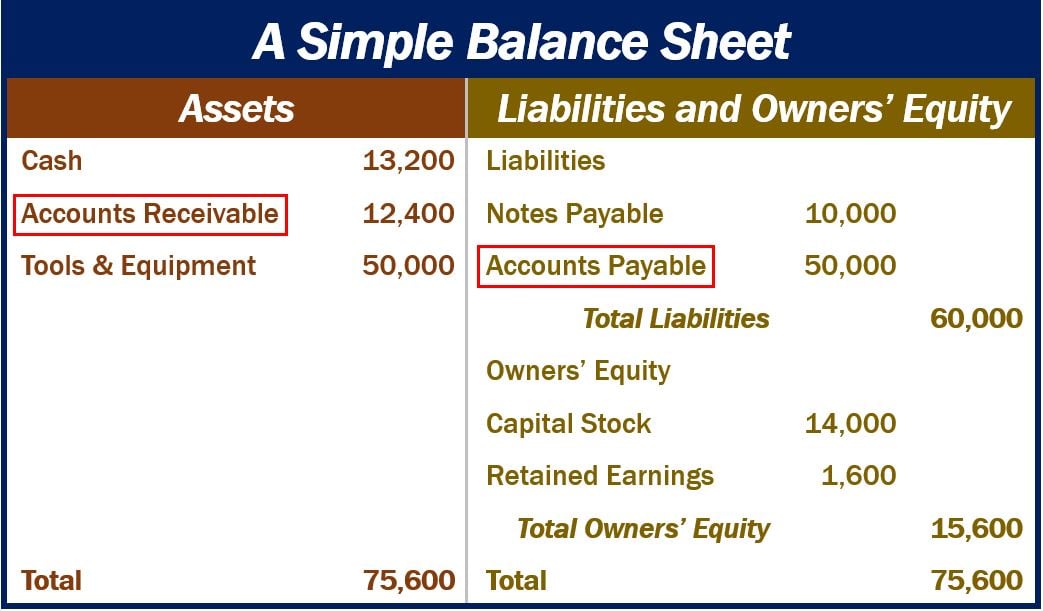Accounts Receivable Are Valued And Reported On The Balance Sheet - Receivables are current assets (if collectible within 12 months) and are reported on the balance sheet at their net realizable value. Understand the placement and impact of accounts receivable on the balance sheet, including valuation, liquidity effects, and. Accounts receivable are valued and reported on the balance sheet at (blank) realizable value.
Accounts receivable are valued and reported on the balance sheet at (blank) realizable value. Understand the placement and impact of accounts receivable on the balance sheet, including valuation, liquidity effects, and. Receivables are current assets (if collectible within 12 months) and are reported on the balance sheet at their net realizable value.
Receivables are current assets (if collectible within 12 months) and are reported on the balance sheet at their net realizable value. Understand the placement and impact of accounts receivable on the balance sheet, including valuation, liquidity effects, and. Accounts receivable are valued and reported on the balance sheet at (blank) realizable value.
Solved 2. Show how the amounts related to Accounts
Understand the placement and impact of accounts receivable on the balance sheet, including valuation, liquidity effects, and. Receivables are current assets (if collectible within 12 months) and are reported on the balance sheet at their net realizable value. Accounts receivable are valued and reported on the balance sheet at (blank) realizable value.
Performing balance sheet and cash flow planning in Financials
Accounts receivable are valued and reported on the balance sheet at (blank) realizable value. Receivables are current assets (if collectible within 12 months) and are reported on the balance sheet at their net realizable value. Understand the placement and impact of accounts receivable on the balance sheet, including valuation, liquidity effects, and.
What are Accounts Receivable and Accounts Payable?
Receivables are current assets (if collectible within 12 months) and are reported on the balance sheet at their net realizable value. Accounts receivable are valued and reported on the balance sheet at (blank) realizable value. Understand the placement and impact of accounts receivable on the balance sheet, including valuation, liquidity effects, and.
PPT Receivables PowerPoint Presentation, free download ID1657894
Understand the placement and impact of accounts receivable on the balance sheet, including valuation, liquidity effects, and. Accounts receivable are valued and reported on the balance sheet at (blank) realizable value. Receivables are current assets (if collectible within 12 months) and are reported on the balance sheet at their net realizable value.
Balance Sheet Explanation, Components, and Examples (2022)
Receivables are current assets (if collectible within 12 months) and are reported on the balance sheet at their net realizable value. Accounts receivable are valued and reported on the balance sheet at (blank) realizable value. Understand the placement and impact of accounts receivable on the balance sheet, including valuation, liquidity effects, and.
What is accounts receivable? Definition and examples
Understand the placement and impact of accounts receivable on the balance sheet, including valuation, liquidity effects, and. Receivables are current assets (if collectible within 12 months) and are reported on the balance sheet at their net realizable value. Accounts receivable are valued and reported on the balance sheet at (blank) realizable value.
Accounts Receivable on the Balance Sheet
Receivables are current assets (if collectible within 12 months) and are reported on the balance sheet at their net realizable value. Accounts receivable are valued and reported on the balance sheet at (blank) realizable value. Understand the placement and impact of accounts receivable on the balance sheet, including valuation, liquidity effects, and.
How to Find Accounts Receivable on Balance Sheet
Receivables are current assets (if collectible within 12 months) and are reported on the balance sheet at their net realizable value. Accounts receivable are valued and reported on the balance sheet at (blank) realizable value. Understand the placement and impact of accounts receivable on the balance sheet, including valuation, liquidity effects, and.
Accounts Receivable on the Balance Sheet Accounting Education
Understand the placement and impact of accounts receivable on the balance sheet, including valuation, liquidity effects, and. Accounts receivable are valued and reported on the balance sheet at (blank) realizable value. Receivables are current assets (if collectible within 12 months) and are reported on the balance sheet at their net realizable value.
Accounts Receivable Balance Listing
Accounts receivable are valued and reported on the balance sheet at (blank) realizable value. Understand the placement and impact of accounts receivable on the balance sheet, including valuation, liquidity effects, and. Receivables are current assets (if collectible within 12 months) and are reported on the balance sheet at their net realizable value.
Accounts Receivable Are Valued And Reported On The Balance Sheet At (Blank) Realizable Value.
Receivables are current assets (if collectible within 12 months) and are reported on the balance sheet at their net realizable value. Understand the placement and impact of accounts receivable on the balance sheet, including valuation, liquidity effects, and.




:max_bytes(150000):strip_icc()/phpdQXsCD-3c3af916d04a4afaade345b53094231c.png)

/accounts-receivables-on-the-balance-sheet-357263-final-911167a5515b4facb2d39d25e4e5bf3d.jpg)

